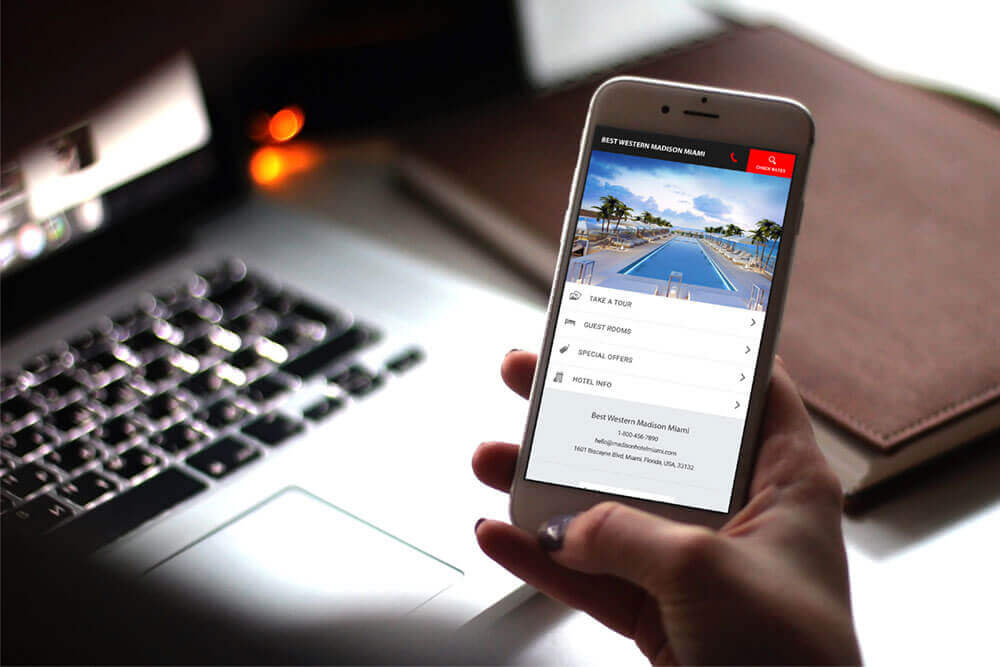
Visits to hotel websites from smartphones (tablets not included) in many cases now represent more than 50% of the total amount. However, bookings made on these devices, although growing strongly, in 2017 “only” just about reached 20% of the total, going up to 30% in some destinations or hotels whilst not even reaching 10% in others.
In other words, the conversion of mobile traffic is 2 to 5 or even 6 times lower than on a desktop computer. This coincides with a recent analysis by Fastbooking. It is also analyzed by Criteo in a recent study, with similar conclusions.
– Why does this difference exist?
– Why don’t many visits from mobile phones result in bookings?
– Is there a transfer of users from smartphone to desktop/tablet to book?
– Why do some hotels have more sales weight from mobile phones than others?
– Why do OTAs convert better on mobile phones than hotel websites?
There are studies such as this one by MobileMarketer or this other one by TravelWeekly which analyse these differences.
Given that many of our clients ask us about this subject, at Mirai we have also analysed it from a business and also empirical point of view. Here are our conclusions, based on bookings data from our client hotels in Spain in 2017, both urban and holiday.
The mobile phone, the main checking tool
The first explanation is perhaps the simplest one and it consists in the use that we give our mobile phone. It has become a permanent checking tool that immediately answers our questions. Who hasn’t asked Google (or Siri) “When did man first land on the Moon?” or “How old is Mick Jagger?”. We are now addicted to immediacy and constant checking.
We also use it to check prices, compare hotels and gather information for future trips. We make the most of our free time or our commute to work and play with our mobile phone whilst watching TV in order to check things.




